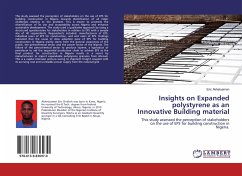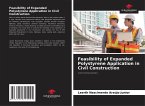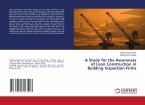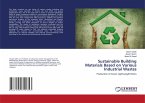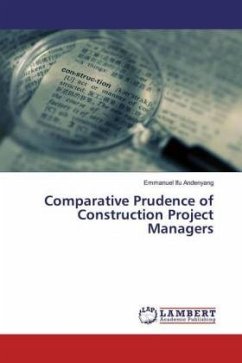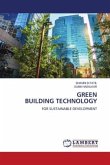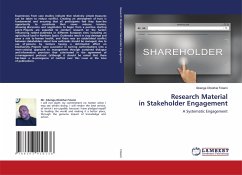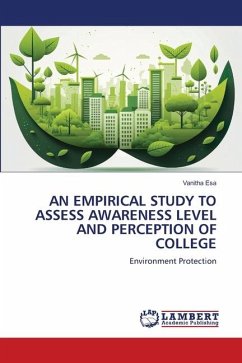This study assessed the perception of stakeholders on the use of EPS for building construction in Nigeria towards identification of all major challenges relating to the problem. This is meant to promote the diversification of its use and acceptability across Nigeria and enhance sustainable development. The study used a qualitative approach by using a structured questionnaire for stakeholders in relation to EPS with a sample size of 40 respondents. Respondents included: manufacturers of EPS, individual users of EPS for construction, and end users of EPS. Findings indicated that the cause of slow adoption pace of EPS for building construction in Nigeria mainly stems from the general awareness of the public, the petrochemical sector and the power sector of the Nigeria. The failure of the petrochemical sector to produce styrene, a byproduct of petroleum to aid the sequential production chain to achieve EPS as the final product for construction in Nigeria results in a resort by manufacturers to import expandable polystyrene granules from Abroad. This is a capital intensive venture owing to shipment freight coupled with its accruing cost and unreliable power supply from the national grid
Bitte wählen Sie Ihr Anliegen aus.
Rechnungen
Retourenschein anfordern
Bestellstatus
Storno

